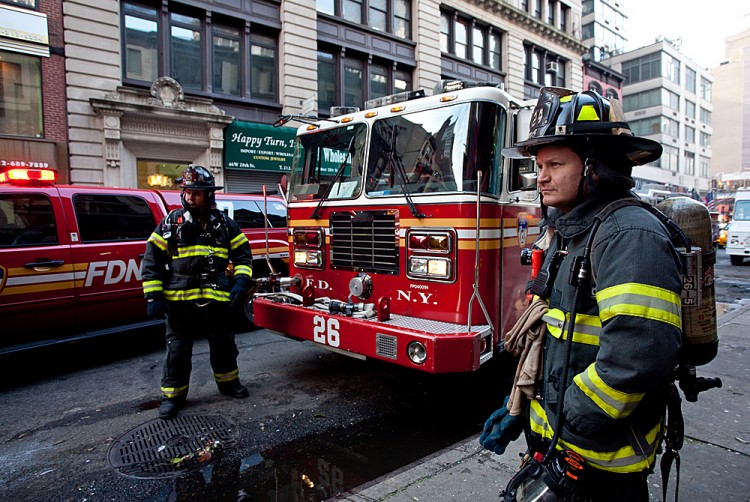
N.M. FD eyes community paramedicine program for frequent fliers
The fire department is proposing a “Community Protection Initiative’ where EMTs help frequent 911 callers with medications, health insurance and counseling.
The Santa Fe Fire Department’s 911 emergency response system would transform from a medical transport service to much more under a plan being sent to the City Council.
Mayor Javier Gonzales and Councilor Chris Rivera, a former fire chief, are proposing the “Community Protection Initiative” under which emergency medical technicians would work with people who frequently call 911 to report medical problems.
The idea is help them with medications; to get insurance, a primary care doctor or counseling for issues such as mental health or substance abuse; or by making a home safety assessment, aimed at issues such as removing or repairing items that could cause elderly people to fall.
For many, “911 is the entryway into the medical arena” and where they go for basic health care, said Gonzales. Last year, there were more than 10,000 emergency medical calls to 911 in Santa Fe. The mayor said more than 250 people called 911 more than four times and one person called 72 times.
Fire Chief Erik Litzenberg said preventative work with these frequent callers by fire department personnel could “change the landscape of health care in Santa Fe over the next few years.”
Gonzales and Rivera are introducing a measure instructing the city manager to come up with a plan that includes costs, what services could be provided and coordination with other parts of the local health care system, with a goal of starting the program in the next fiscal year starting July 1. The proposal is expected to go before the City Council next month
Fire department crews would still make traditional emergency runs to stabilize and transport patients to the hospital emergency room. But they would also seek out frequent 911 callers to see what can be done to address their chronic health issues.
EMT Andres Mercado was credited at Wednesday’s announcement at Fire Station 7 on Richards Avenue as a major proponent of the change. He said that while the current system is geared to respond to major health emergencies like heart attack and stroke, a growing number of calls are about primary care issues. When someone calls 911 for help 20 or 40 times a year, “you’re not addressing your problem,” he said.
The frequent 911 callers have “essentially flagged themselves as not being able to navigate the health care system,” Mercado said.
A pilot program has been underway under which about 25 people have received services in recent months. In one case, a man was either taking too much or was running out of his blood pressure medicine. In another case, a woman was directed to behavioral health services, and in a third, some home repairs were made to improve safety.
Representatives of Christus St. Vincent Regional Medical Center, La Familia Medical Center and other parts of the local medical community spoke in favor of the proposal and emphasized that preventative work by the EMTs would save much more in medical spending on ambulance runs and emergency room care than the cost of the program.


